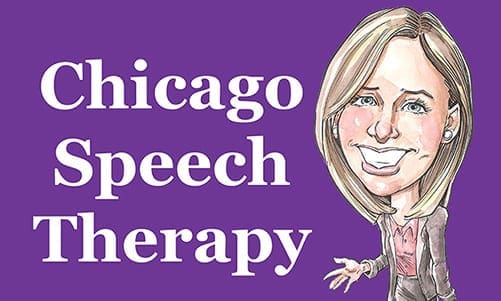Most parents are familiar with the idea of milestones in speech development – children first babble, say their first word, string words together, etc. – and that these milestones generally happen within specific age ranges. It is understandable to be concerned if your child is not developing speech according to these guidelines as it could be an indicator that your child has a speech language delay.
What is a Language Delay?
A language delay is a type of communication disorder that is characterized by language development in a child that is significantly below average for his or her age. When talking about speech delays, it is good to keep in mind that these kinds of delays in children are fairly common. In fact, it is the most common developmental disorder in children aged 3 to 16 years and affects 3-10% of children. Additionally, some children who are showing signs of speech delay are simply ‘natural late talkers’ who will catch up with language development on their own. However, it can be difficult to tell when your child is a “late talker” and when he or she has a language delay.
In the past few years, the number of cases of late-talking children has been on the rise. This increase appears to parallel an increase in the incidence of chronic ear infections, one of the known factors that can contribute to language delay. Due to this, hearing evaluations are very common for children exhibiting signs of speech delay.
The Importance of a Hearing Evaluation
There are several methods for testing a child’s hearing which differ based on age, health status, and developmental status. Some tests are behavioral and involve things like observing the child’s response to different sounds. Other tests are physiological and measure hearing function. Whatever the case, these tests should be administered by a pediatric audiologist.
If you are uncertain of whether or not your child is behind in speech development, here are some general indicators of what is average in baby and toddler speech development:
- Cooing and babbling should begin in the first year for most babies.
- Imitation of the sounds spoken by their parents should also begin in the first year, this includes things like “mama” and “dada”.
- By 18 months, your baby should be speaking at least a few real words.
- At 2 years old, your baby should have an increased vocabulary which he or she tries to use to communicate. If he or she is communicating through grunting or pointing, this can signal a problem.
- By 2 ½ years, your child should be able to use words with multiple syllables.
If your child is exhibiting signs of being a late talker and has suffered ear infections in the past, it is advisable to seek an evaluation from a pediatrician or a speech-language pathologist. It is advisable to address any language problems as early as possible, as this often increases the efficacy of speech therapy and can reduce the negative side effects that are associated with growing up with a communication disorder.


